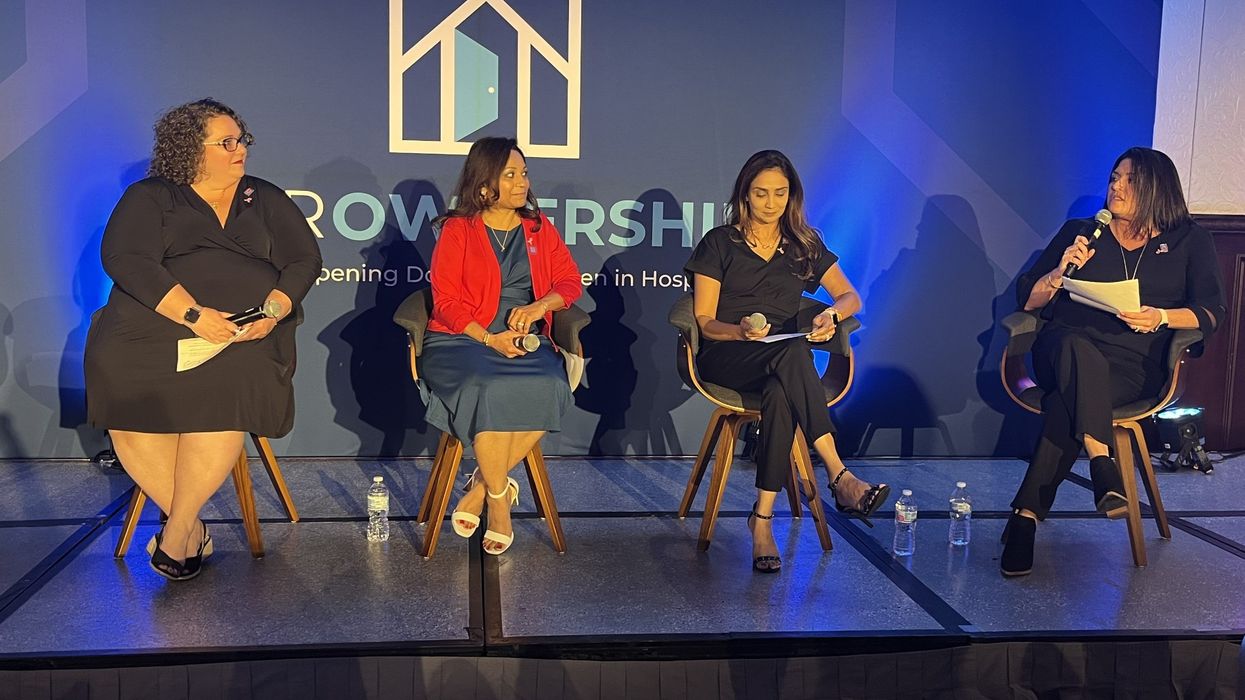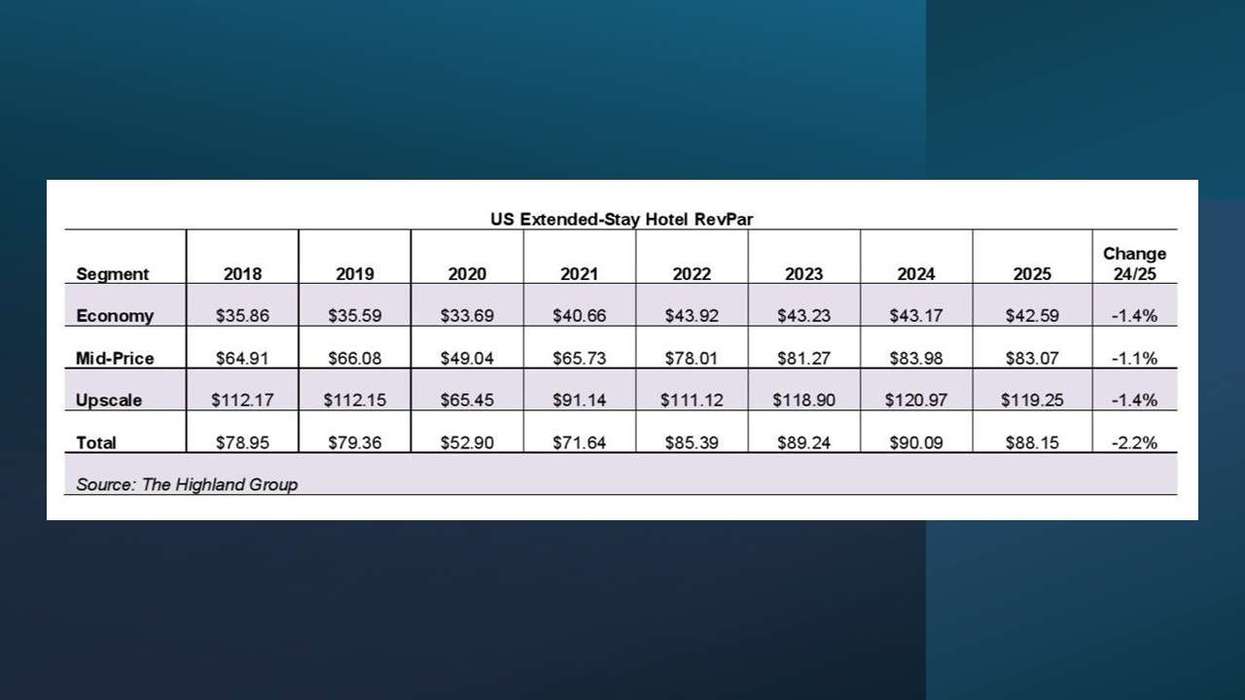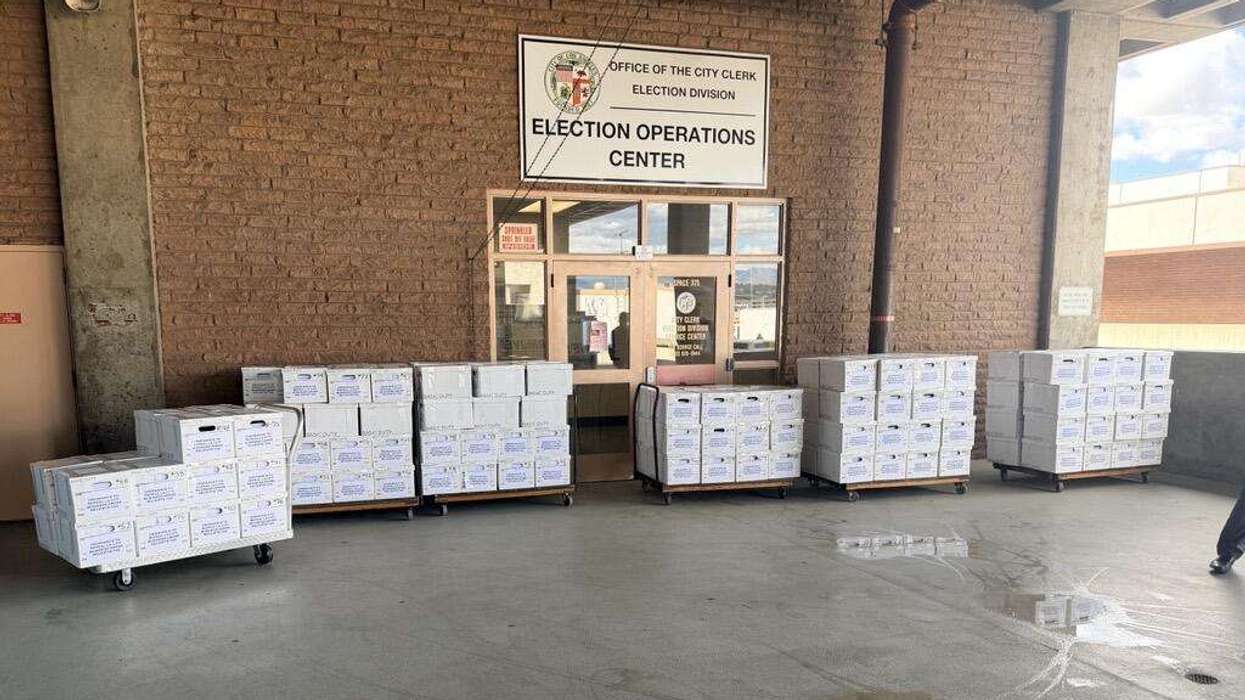TEXAS-BASED G6 HOSPITALITY launched 'Light Her Way' program to empower women seeking hotel ownership opportunities with tools and resources, a statement said. The company announced the program during AAHOA’s inaugural HerOwnership Conference & Retreat in October.
The Carrollton, Texas-based G6 owns Motel 6 and Studio 6 brands in the U.S. and Canada.
“We have always promoted the belief that everyone has the right to travel, but it is just as important that everyone have the right to ownership,” said Tina Burnett, chief development officer, G6 Hospitality. “The launch of ‘Light Her Way’ will empower women on the path to ownership and is an example of how we live up to our values.”
Originally announced at AAHOA’s HerOwnership Conference & Retreat, the “Light Her Way” program is a franchise roadmap providing knowledge and dedicated expertise for female entrepreneurs to own properties, a statement said. HerOwnership was originally launched in August as “ElevateHER.”
"Seeing all of these dynamic women in all areas of hospitality come together for a few days of education and relaxation was extremely powerful,” said Lina Patel, AAHOA’s female director for the Eastern Division. “I’m proud to have worked alongside the entire AAHOA Team in launching the HerOwnership program. This conference and retreat gave women hoteliers an opportunity of a lifetime.”
According to G6, through “Light Her Way,” women will gain insight into construction and renovation, market identification, financing, and the brand application process under the program. They can also get access to additional resources to support the launch and continuing operations of their franchise property.
Reena Patel, a G6 franchisee and CEO of MB Management Group, was on the panel discussing “Light Her Way.”
“For ‘Light Her Way,’ I think the most important factor is that G6 created a dedicated platform and program for women owners,” she said. “Because I was the first woman owner to own 100 percent of a Motel 6, I was the guinea pig, but the process was just seamless because of the resources and programs they provided. I really enjoyed and learned a lot from this experience.”
More from the conference
The HerOwnership Conference was held at the Radisson Hotel Cincinnati Riverfront on Oct. 26 and 27. It featured panel discussions on issues facing women in the industry by AAHOA leaders and focused specifically on women who are interested in owning their first hotel or learning about owning hotels in general.
“Our industry is relationship focused. Cultivating your relationships outside of your usual norm is important. Cultivate relationships with franchisors and cultivate your relationships with local lenders. When I went for my first commercial loan, I got rejected. I was feeling so good about it, but I realized I went to a bank I didn’t have a relationship with,” said Tejal Patel, one of the panelists and AAHOA Western Division female director. “My family had a relationship with a local lender for many years. So, when I went through that door and let them know I was a part of the family, I saw the door open a little bit.”
Along with G6, other brands with representatives at the conference included Choice Hotels International, Red Roof, Wyndham Hotels & Resorts, and Marriott International. Each brand discussed their own initiatives to promote women’s hotel ownership, such as Wyndham’s “Women Own the Room.”
“This is an important message AAHOA is sending to the industry,” said Neal Patel, AAHOA chairman. “These women are trailblazers and finally getting the support and education they need to take their businesses to the next level, and support their families.”
Laura Lee Blake, AAHOA president and CEO, who served as an attorney before assuming her current position, shared advice on improving negotiation skills. She recommended that women should consider negotiation as an opportunity to open new doors to ownership by listening closely to others’ perspective and using “strategic empathy to assist in influencing change.”
“Taking time to get to know the other party and build rapport can help hoteliers navigate the negotiation process more effectively,” Blake said. “When you step into the other party’s shoes, trust and collaboration increase, giving you an advantage in the negotiation process.”
Another panel discussion covered building credibility in the industry, developing a brand in the midst of the global pandemic and drawing inspiration from other brands.
“When I started this business two years ago, I had to sit there, in the middle of the pandemic, and think, who am I, what does my company represent, and what kind of brand do I want to be,” said panelist Seema Jain, founder and CEO of Seva Global. “The brand that resonated with me was Ritz Carlton because they anticipate the needs of their guests and always go above and beyond. That is who I am for my clients.”





